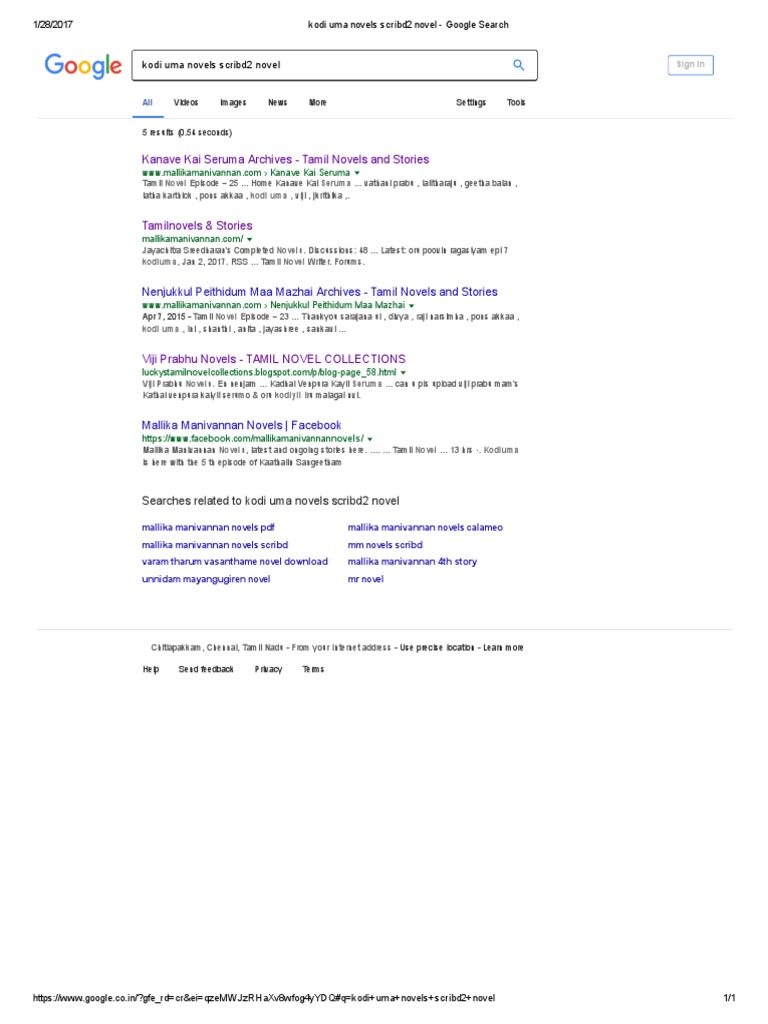

Be conscious of what you’re writing - and what you’re not writing - when you submit to a contest. Similarly, poems, flash fiction, and novellas all have their own rules. But it’s important to wrap your head around the fact that a short story is fundamentally different from a novel: not just in pacing, but in structure, tone, and where the crux of the story lies. This may seem self-evident, but if you’re submitting to a short story contest, be sure that you’ve written a short story - not the opening chapter of a novel, and not a summary of a larger work!ĭifferent formats can be tricky to understand, especially if you’re not used to writing in them.

But, fair or not, characters get held to a higher standard - each line they speak should not only carry the story forward, but also provide insight into who they are. If we’re honest, we often don’t speak in complete sentences, at least not around the people to whom we’re close. It’s true that real people rarely talk in deeply revealing, meaningful exchanges or pithy quips that tell the reader everything about the speaker. There’s not much time for me to get to know a character, and the worst sin you can commit is writing conversations just to fill space. I judge short fiction, so every sentence has to count.
MALLIKA MANIVANNAN NOVELS SUMMARY PROFESSIONAL
But when I open a story and immediately see a wall of text with no paragraph breaks, misplaced quotation marks, and half the sentences beginning with lowercase letters, I know I’m not dealing with a professional writer. Nothing will drag me out of a story faster than dumb mistakes.īy this, I don’t mean you’re not allowed a single typo - though you should be sure to edit your story as best as you can before submitting. However, these tips will at least make your story a much more solid and compelling entry - no matter where you’re submitting.

To be sure, while there’s no “one weird trick” to guarantee you’ve penned a winning story in either my contest or any other. Today, I’m going to take you behind the curtain and show the kinds of things I watch for while judging. But while we’re blessed to get so many amazing stories every week, I’ve also seen plenty that is, well… less than stellar. I could easily see a number of our participants going on to publish their own books. Some days I’m overwhelmed with quality submissions - which is honestly the best kind of torture. This involves reading dozens of short stories all written to themed prompts, culling the good from the bad, and agonizing over which of my favorites is truly the best. Photo credit: jake-ingle-w_78KOJiih4-unsplashĪ big welcome to Desiree Villena for this amazing guest post!įor the past year, I’ve had the pleasure of judging a weekly writing contest.


 0 kommentar(er)
0 kommentar(er)
